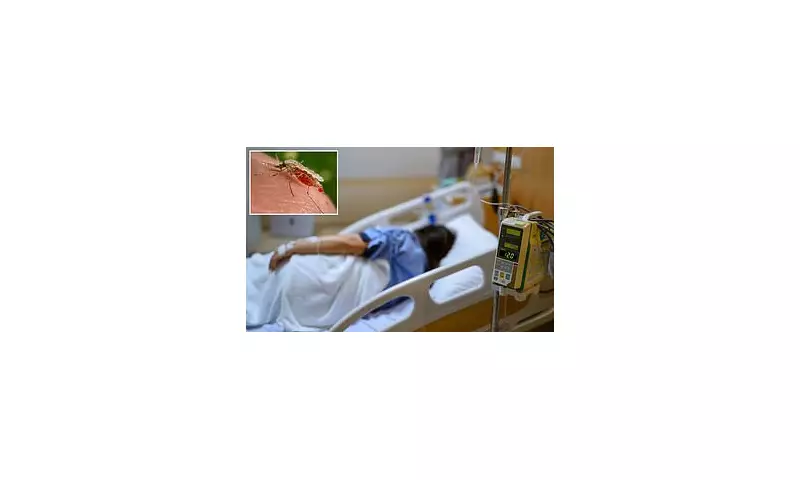
Health officials have sounded a major alert after confirming the first locally acquired case of a mosquito-borne disease in the United Kingdom in over thirty years. The unidentified patient, from the Essex region, is believed to have been infected within the country, marking a significant and worrying shift in the UK's public health landscape.
The discovery has triggered an urgent investigation by the UK Health Security Agency (UKHSA), which is working to trace the source of the infection and prevent any potential further spread. While the specific virus was not named in initial reports, it is understood to be a tropical illness typically associated with mosquito bites in much warmer climates.
A Rare and Concerning Event
This case is being treated with extreme seriousness due to its rarity. For the past three decades, all reported cases of such diseases in the UK have been directly linked to travel abroad, where individuals were bitten in endemic regions and fell ill upon returning home. A locally acquired infection suggests that the specific type of mosquito capable of carrying the virus is now present in the UK and has bitten an infectious person, starting a transmission cycle.
Dr. Colin Davis, a leading entomologist, stated, "This is a watershed moment for public health in Britain. Our changing climate, with warmer and wetter summers, is creating more favourable conditions for these non-native mosquito species to establish themselves. While the risk to the general public remains very low, this case is a clear warning sign that we must enhance our surveillance and control measures."
What This Means for the Public
Authorities are urging calm but also advising vigilance. The UKHSA has issued guidance for residents, particularly in the South East of England, which includes:
- Using insect repellent containing DEET, especially during dawn and dusk when mosquitoes are most active.
- Wearing long-sleeved shirts and trousers in areas with standing water.
- Eliminating sources of stagnant water in gardens, such as in plant pots, bird baths, and blocked gutters, where mosquitoes can breed.
Health teams are likely to commence targeted insecticide spraying in the specific area where the patient is thought to have been bitten to cull the local mosquito population and break any chain of transmission.
A Sign of a Warmer Future?
This incident will inevitably raise questions about the long-term impact of climate change on health in temperate regions like the UK. Experts have long predicted that rising average temperatures could make parts of Europe more hospitable to vectors of disease previously confined to the tropics. This case in Essex may be the first tangible evidence of that prediction becoming a reality on British soil.
The NHS has been briefed and is on alert for any patients presenting with symptoms such as a high fever, severe headache, and joint pain, advising clinicians to consider a broader range of diagnoses beyond the usual seasonal illnesses.





